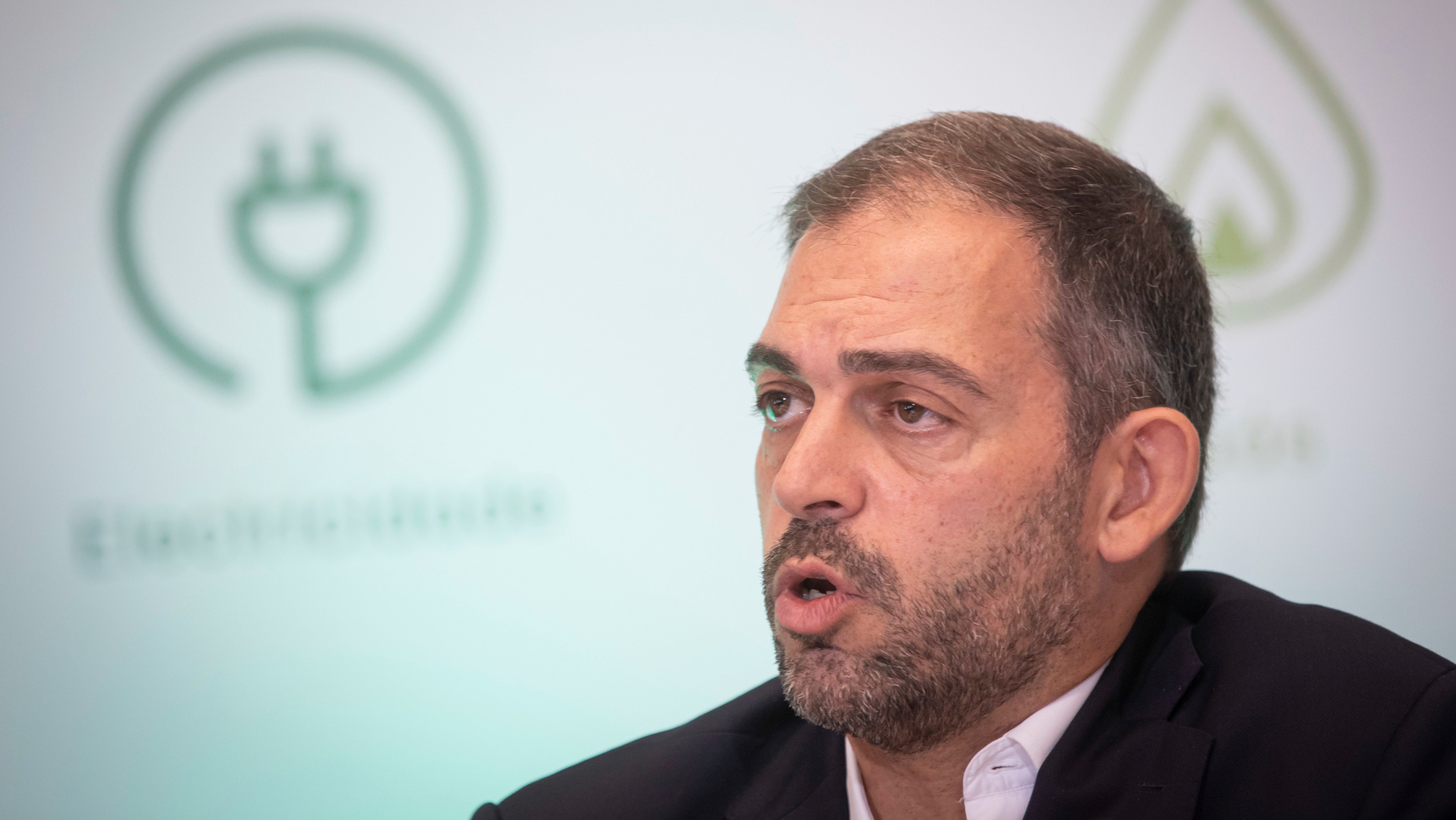Portugal is still analyzing the proposals presented by the European Commission to respond to the energy crisis, but supports all the measures of the package presented by Brussels, said the Minister of Environment and Climate Action. Duarte Cordeiro was heard in Parliament about the European Council of Energy Ministers where the European proposals will be discussed and, Duarte Cordeiro hopes, they will be approved.
However, the minister points out that it is a “generic agreement”, because there are details of the proposals that are not known and that Portugal still does not know if they will be approved. “But we are in favor of this type of intervention, this capture of excess profits and their mutualization in favor of consumers.” However, she also mentions doubts about how some proposals will be agreed, such as the tax on extraordinary profits in the oil sector with the extraordinary contribution that Portugal already applies to energy companies.
“I don’t know if applying the European formula, a 33% rate on 2022 profit growth above 20% compared to the average of the last three years, results in something in the tax.”
The EESC (extraordinary contribution of the energy sector) generates 125 million euros a year, he says. But apart from income, CESE applies to Galp in oil and gas activities that the company disputes and does not pay.
Duarte Cordeiro underlines that Portugal’s support extends to all proposals that are included in a regulation that must be approved by a qualified majority of the member states. In this package, Brussels also defends the reduction of electricity consumption in winter, even foreseeing a reduction of 5% with binding character in the peak hours of greatest demand and the creation of a ceiling of 180 euros per MW/hour for the price of electricity Produced from renewable sources that do not have the costs of natural gas.
Windfall profits: Costa says Portugal will support Commission proposal
Duarte Cordeiro reaffirms the Portuguese position already indicated on Monday by the prime minister, but António Costa only referred to the intention to collect an extraordinary contribution on the profits of oil and gas companies.
The minister even pointed out that the Portuguese government’s expectation was that the package could go further. “We would like Europe to go further in the (Russian) gas purchase price ceiling and joint platforms” for the purchase of gas. The Minister for the Environment highlights in relation to the limit of 180 euros per MW hour for the sale of electricity that Portugal and Spain already have a mechanism that allows the direct redistribution of these profits to consumers who, in the first two months of operation, allowed a saving of 16% or 150 million euros with respect to the price that would exist without this limit.
Brussels wants to impose cuts in electricity consumption in the 3 or 4 hours of the day with the highest demand
Brussels advocates that the income generated above the ceiling be appropriated by the states and redistributed to the most vulnerable consumers. “Portugal intervenes in the price of the wholesale market, Brussels wants to change the income”. There are also differences in the electric roof, which in the Iberian case is lower. “But we don’t know things that interest us, such as the term of this measure”—the Iberian ceiling ends in May. A structural redefinition in the marginal market was not discussed either.
“We are doing more than other countries are doing and we anticipate. That is why the companies complain”, he also highlighted before the challenge of the opposition deputies to go further.
Portugal, the minister also added, has also anticipated intervention in prices allowing consumers to return to the regulated gas tariff, which will allow savings of 56 million euros per month, if all free market customers return to the regulated market. Regarding the reduction of energy consumption, Portugal is already consuming 17% less natural gas outside the electricity sector, but Duarte Cordeiro did not specify what is planned to meet the proposed objectives in electricity, where Brussels asks for a 10% reduction in electrical consumption. in winter, half of which would be binding and in daylight savings time.
The energy saving plan ordered from the energy agency ADENE will be presented this week, said Duarte Cordeiro, and will have mandatory measures for the central administration and recommendations for the local and private sector.
Regarding the rise in the price of electricity in the regulated market, 3% since October, the Minister for the Environment downplayed the impact, highlighting that it is much lower than the increases that are being endured in other European countries and recalling that they have investments have already been made for. lower regulated rates (in July). And she invoked the statements of the president of Endesa, Nuno Ribeiro da Silva, to underline: “They are increases of 3% and not 40%”.
The Environment Minister also reaffirmed that Portugal will continue to bet on obtaining European political and financial support for the new natural gas interconnection that will link southern Europe, from Sines, to central Europe. An investment of 350 million euros that is progressing in studies, but that should not be paid by consumers, but by Europe.
Confronted by the PSD deputy, Paulo Moniz, with the German option of installing floating liquefied natural gas terminals, which makes the gas pipeline project from Sines “unfeasible”, Duarte Cordeiro says that the entry through Sines would allow to satisfy around 20% of Germany’s needs and justifies the reinforcement of gas reception capacity. “All countries are working, we continue to defend the reinforcement of interconnections, but it is a European responsibility”. Today Portugal and Spain could already play a “relevant role” in supplying central Europe, but there was a great imbalance in investment to the detriment of the south versus the east. “We hope that Europe learns to find solutions” at the European level.
Source: Observadora
